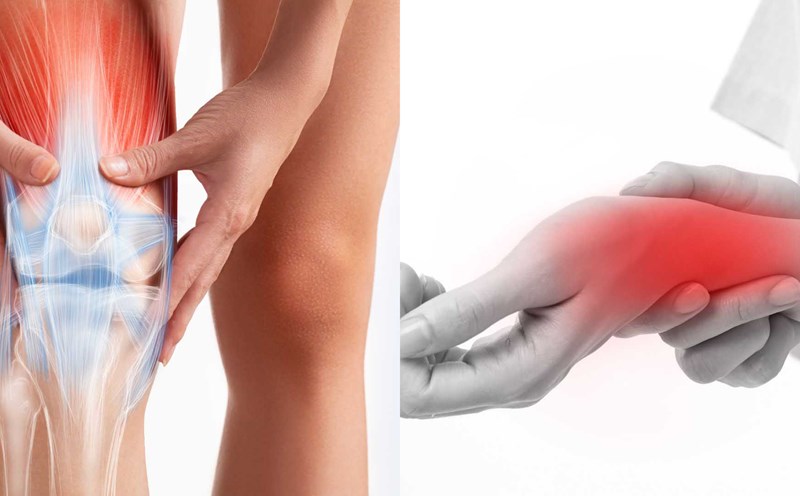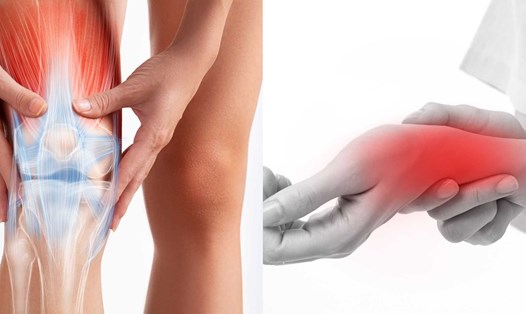Many people experience morning stiffness, right after waking up. Initially, the stiffness is only transient and mild, so many people are easily subjective. In the long run, this condition will become serious and accompanied by uncomfortable aches and pains, greatly affecting motor function.
Dr. Raju Vaishya - senior consultant in orthopedics and joint replacement, Indraprastha Apollo Hospital (New Delhi, India) - said that the duration of joint stiffness will indicate what kind of bone and joint problem you are having.
Stiffness lasting more than 1 hour is a warning sign of rheumatoid arthritis. If it lasts for a shorter period (about 30 minutes or less), it may be a sign of osteoarthritis.
Stiffness usually progresses slowly over several weeks to months, then progresses to severe stiffness with pain or creaking joints, affecting mobility.
Dr. Raju Vaishya has listed methods to deal with this problem:
1. Stretch before bed and when you wake up to help your joints loosen up. Simple stretches, such as reaching for your toes, twisting your body, or reaching your arms overhead, can help loosen up your muscles and joints.
2. Regular exercise helps strengthen muscles, improve joint flexibility, and reduce overall inflammation. Low-impact activities like walking, swimming, and yoga are especially helpful in keeping your joints flexible and healthy.
3. Water is essential to keep your joints lubricated. Before going to bed, you should drink a glass of water to avoid dehydration at night but should not drink too much to prevent nocturia.
4. Consider using heat therapy (such as a heating pad) on sore joints or muscles before bed. This can help reduce inflammation and promote blood circulation.
On the other hand, cold therapy (such as an ice pack) may be better if your stiffness is due to recent activity or injury, as it can reduce swelling.
5. Sleeping in the right position can make a big difference. Using a supportive pillow helps align your neck with the rest of your spine. If you are a side sleeper, consider placing a pillow between your knees to reduce strain on your lower back. For back sleepers, a small pillow under your knees can help.
6. Certain foods and supplements may help reduce joint pain and inflammation. Omega-3 fatty acids found in fish oil are known to support joint health.
Likewise, incorporating anti-inflammatory foods into your diet like turmeric, ginger, and leafy greens can make a difference over time.
7. Gentle massage helps increase blood flow to the muscles, reduces inflammation and helps relieve pain.
8. Over-the-counter anti-inflammatory medications such as ibuprofen can help relieve pain and stiffness. You can also try topical treatments such as creams or gels containing menthol or capsaicin, which can help relieve discomfort.











